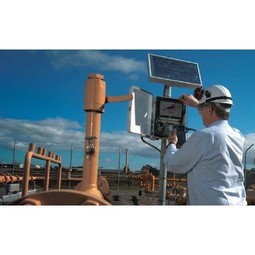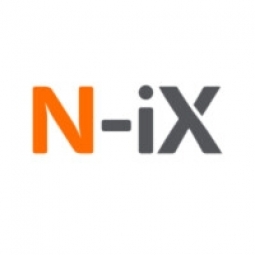Technical Consulting and ECM Solution Development for US-based Utility Providers
- Functional Applications - Enterprise Resource Planning Systems (ERP)
- Sensors - Utility Meters
- Electrical Grids
- Utilities
- Maintenance
- Product Research & Development
- Experimentation Automation
- Water Utility Management
- System Integration
- Testing & Certification
Utility providers in the USA were struggling with large volumes of data and documents, slow and inflexible legacy systems, and inefficient operational processes. The main goals were to increase the processing speed of their software, automate operations, and streamline business processes using OpenText solutions for Enterprise Content Management. The clients also sought to resolve issues such as a slow billing cycle, lack of flexibility, a lot of manual work, and human errors. The challenges included improving system flexibility to simplify changes and collaboration, automating the billing cycle, shortening the document approval cycle, building a scalable solution that could generate thousands of documents quickly, and ensuring solution maintainability.
The customers were utility providers from the USA and other countries. These businesses operate in the utilities sector, distributing water, electricity, and natural gas to thousands of households. They deal with large volumes of data and documents on a daily basis and often rely on slow and inflexible legacy systems, which leads to problems in operational efficiency. They felt a strong need for innovations and even a broader digital transformation. Their main goals were to increase the processing speed of their software, automate operations, and streamline business processes.
N-iX Professional Services developed an efficient ECM solution that automated processes, shortened the billing cycle, and accelerated the document approval process. The solution facilitated collaboration thanks to its flexibility and streamlined business processes, improving operational efficiency. The solution was developed based on OpenText and SAP product suites and was implemented in stages. These stages included onsite work, analysing business processes and gathering requirements, functional requirements document preparation and sign off, developing solution architecture and blueprint design, solution development, user acceptance testing and bug fixing, volume testing, and production and parallel run followed by cut-over.
Related Case Studies.











